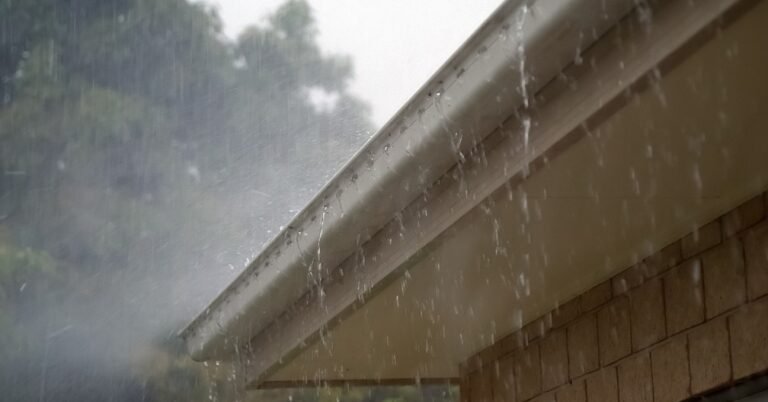Dane County experienced its wettest spring on record and the trend continues this summer, with more than 10 inches of rainfall above normal so far this year. As a result, you may have noticed rising water levels in local lakes and rivers after rainfall and flood warnings being issued. If you have a private well and your area has recently flooded, your well water may be unsafe. Read on to learn how to tell if it’s safe and what to do if it’s not.
Floodwater may contain dangerous bacteria, making the water unsafe to use.
If you get water from a private well, you are responsible for testing and maintaining your well. Water testing is recommended annually, but you may need to test sooner if you have had a flood. Flood water can contain a variety of contaminants, including sewage, bacteria and viruses, fertilizers, heavy metals and chemicals. Well water may be unsafe if:
- The floodwaters reached or flowed over the well.
- Notice any changes in the taste, smell, or color of the water.
- You have a shallow well and live near a flood-hit area.
If you suspect your well has been affected by flooding, use safe water until the well can be disinfected.
After a flood, do not use well water for drinking, cooking, or bathing until it has been tested and deemed safe or properly disinfected. Instead, use bottled water, tap water that has been boiled for one minute, or water from a well that was not flooded.
Once your well is no longer exposed to flood waters, it can be disinfected. We recommend using a licensed well driller or pump installer with the proper expertise and equipment to disinfect your well.
The disinfection process can take up to a week, so it’s important to allow the process adequate time to work and to continue using safe water during that time.
After a week, we will test a water sample taken from your well to see if bacteria is present. Based on your specific situation, we will determine what type of testing is needed and discuss costs. Email us or call us at 608-243-0357. Disinfection can be difficult, so don’t skip this step. If the test shows that bacteria is still present, continue to use safe water and contact us. We’ll be happy to walk you through next steps.
Not sure if your well has been affected? Either way, we recommend an annual well inspection.
We recommend that you have your well water tested annually for contaminants such as E. coli, bacteria, and nitrates. Certain factors related to your plumbing may require additional testing to check for lead and other metals. Call our lab at 608-243-0357 if you need more information. We may also recommend other tests depending on the location of your well, its age, etc.
This content may be used free of charge if you cite Public Health Madison & Dane County.


